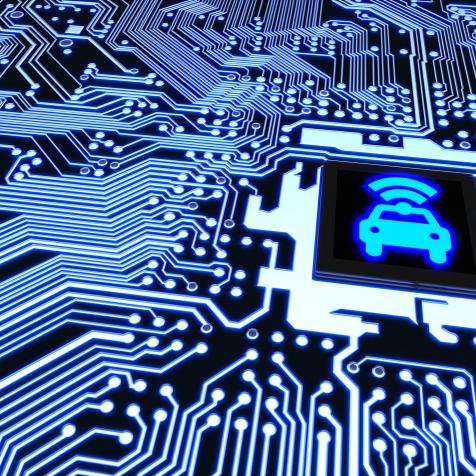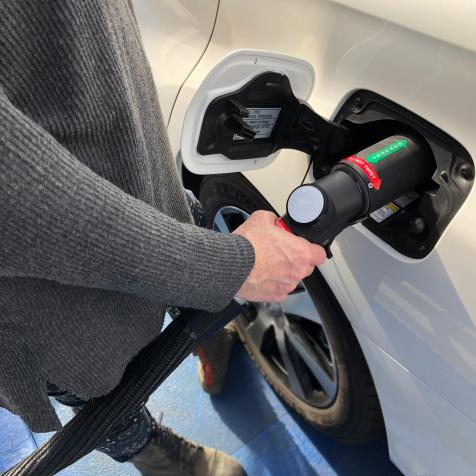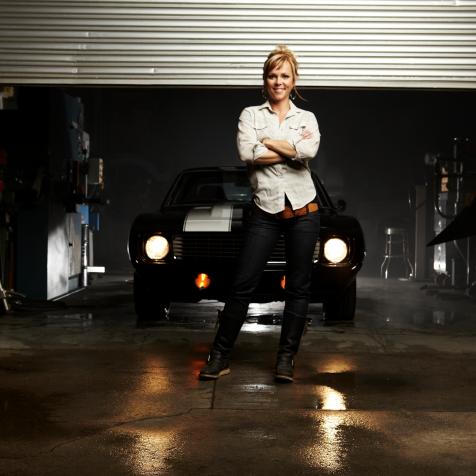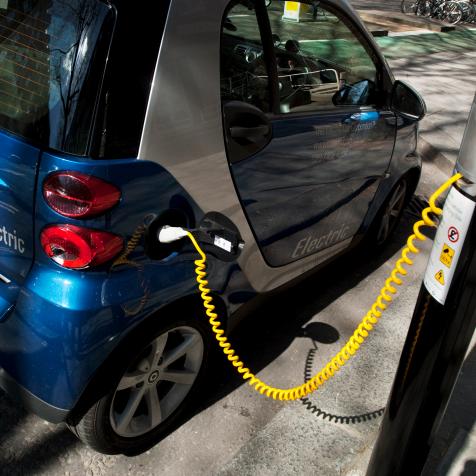
Monty Rakusen
Solid State Batteries Promise Long Life and Rapid Refuel Electric Vehicles
Car companies are investing heavily in electric vehicles (EVs) to reduce global greenhouse gas emissions from transport. But ramping up electric car manufacture means finding a solution to the problem of lithium battery life and slow charging times. Big firms are now pumping money into longer-lasting and safer solid-state batteries.
Solid-state technology is seen as a commercial necessity for mass-produced EVs by 2030. Sizable investments by car companies Ford and BMW in battery innovator Solid Power are part of a huge swing towards electrification. Ford has invested $185 million in its own battery lab, while General Motors has a multi-billion dollar battery plant joint venture with Korean corporation LG.
Lithium-ion batteries are still the gold standard in EVs and portable electronics. They power a car’s motor using charged lithium ions that pass through a liquid electrolyte between the negative and positive electrode. This process is then reversed when the battery recharges. However, they can be unsafe because the electrolytes are flammable and can ignite or even explode if the cell is damaged.
Research shows that lithium-metal solid-state batteries, which use metallic lithium for the negative electrode (anode) rather than the lithium-ion’s graphite anode, can be lighter, more durable and more powerful. They use crystalline or ceramic electrolytes to create batteries with higher energy density, lower operating temperatures, more resistance to vibration and damage, longer life and potentially quicker charging times.
Better energy density means car builders can use smaller battery packs to generate the same or more power. But there is a long-standing issue with lithium metal batteries that scientists have struggled with. When lithium ions move between electrodes during charging, needle-like dendrites form that grow into the electrolyte. These root-like structures can pierce the barrier between the electrodes and short the battery or even catch fire.
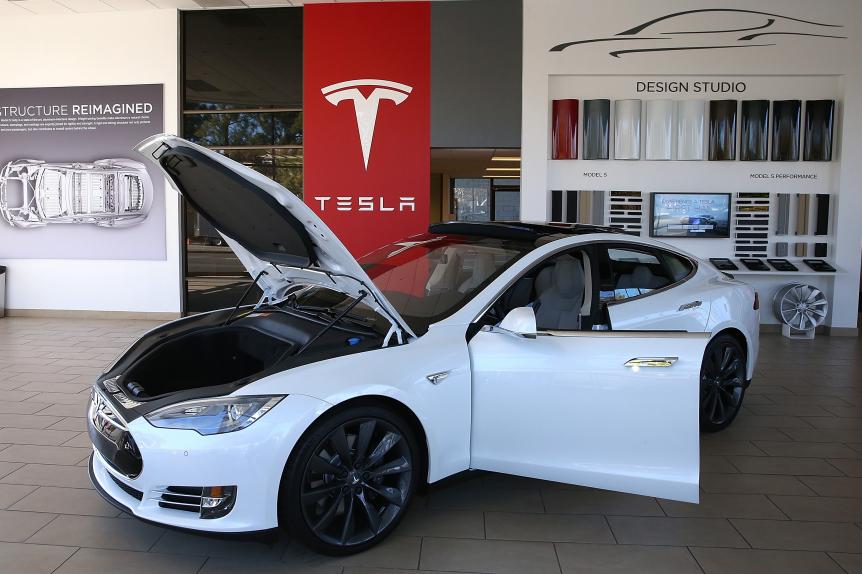
Justin Sullivan
Fresh research from Harvard University claims to fix this 40-year-old dendrite problem. Scientists used two separate electrolytes in their lithium metal battery – one prone to dendrite penetration and the other immune – which effectively controls their growth. The immune layer stops dendrites from shorting the battery and then the overall chemistry of the battery allows it to heal afterwards, repairing holes created by the dendrites.
The newly designed battery also held 82 percent of its charge after 10,000 cycles and its high current density could lead to batteries that fully charge in 10-20 minutes. This would make EVs as convenient and durable as gasoline cars with a lifetime of at least 10-15 years.
Surprisingly, those who have invested heavily in lithium-ion batteries for EVs see solid-state batteries as a dead end. One of Tesla’s suppliers is developing a battery that replaces expensive minerals like nickel and cobalt, and claims to have created another that lasts for 1.24 million miles.
This push toward better battery technologies — whether solid-state or its alternatives — can only make it easier to tackle climate change. Coupling that with improved battery recycling methods reduces the environmental impact from mining and increases recovery of lithium, copper, cobalt and nickel for use in manufacturing.











